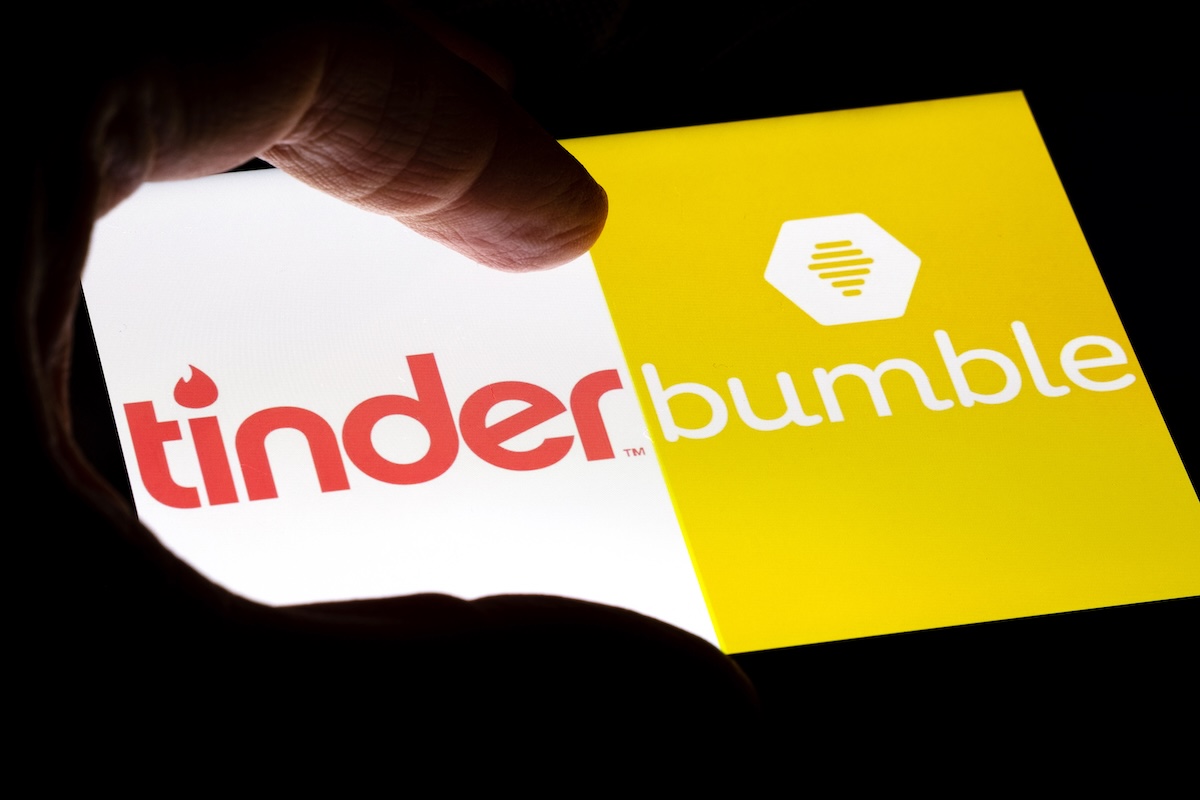
In a sign of how far expectations have fallen for the online dating industry, shares of Bumble (BMBL) surged 26.6% on Thursday… despite reporting yet another quarter of declining revenue.
Last quarter, the Austin-based company raked in $247.1 million in revenue, down 7.7% from $267.8 million a year ago. Bumble said the decline included a $5.9 million hit from unfavorable foreign exchange movements.
Apparently, Wall Street had braced for worse, with analysts polled by LSEG expecting $246.2 million.
For this quarter, Bumble expects another revenue drop, projecting between $235 million and $243 million, with the midpoint below Wall Street’s $243 million estimate.
Meanwhile, Match Group (MTCH) — the parent company of Tinder, Hinge, and OkCupid — reported $831 million in revenue last quarter, a 3% year-over-year decline. Paying users fell to 14.2 million from 14.9 million last year.
Match also announced it would cut 13% of its workforce to “reduce duplication and unlock scale,” according to CEO Spencer Rascoff.
“We are breaking down business silos, improving company-wide communication and collaboration, and unleashing efficiencies and innovation,” Rascoff said.
“The ultimate beneficiaries of these changes will be the tens of millions of users who rely on our apps to spark meaningful connections.”
Unlike Bumble, Match’s report wasn’t in line with Wall Street expectations and Match stock fell 9.6% on Thursday.
Dating app woes stem from generational disconnect
Together, Bumble and Match have shed more than $40 billion in market cap since 2021. The culprit, analysts say, isn’t just weaker monetization or user growth; it’s a deeper generational disconnect.
“The biggest single factor that’s plaguing these companies is a generational transition between millennials and Gen Z,” Raymond James analyst Andrew Marok told Yahoo Finance last year.
“Since these apps were largely built by millennials for millennials, navigating this switch to Gen Z preferences has proven quite tricky.”
Marok noted that Gen Z and millennials have “antithetical preferences” in how they approach dating, and the swipe-heavy model popularized by Tinder and Bumble may no longer resonate with younger users.
While Gen Z is still using dating apps, there’s a clear shift toward meeting people IRL through running clubs, community events, or niche social spaces targeted toward singles.
A Forbes Health survey last year found that 79% of Gen Z respondents felt burned out by dating apps.
Despite Thursday’s rally, Bumble stock remains down 31.7% year to date. Match is off 16%.The culprit, analysts say, isn’t just weaker monetization or user growth; it’s a deeper generational disconnect.
With user growth flatlining and generational fatigue setting in, it’s clear the dating app giants are back at the drawing board. And for now, the market’s just grateful when things aren’t worse.
Your email address will not be published. Required fields are markedmarked